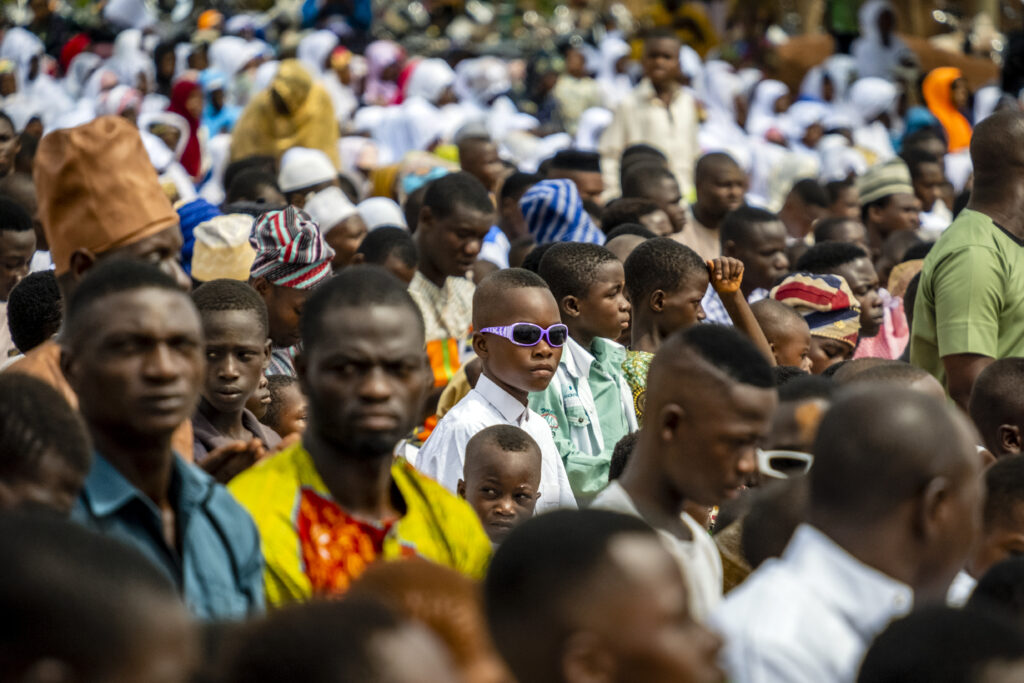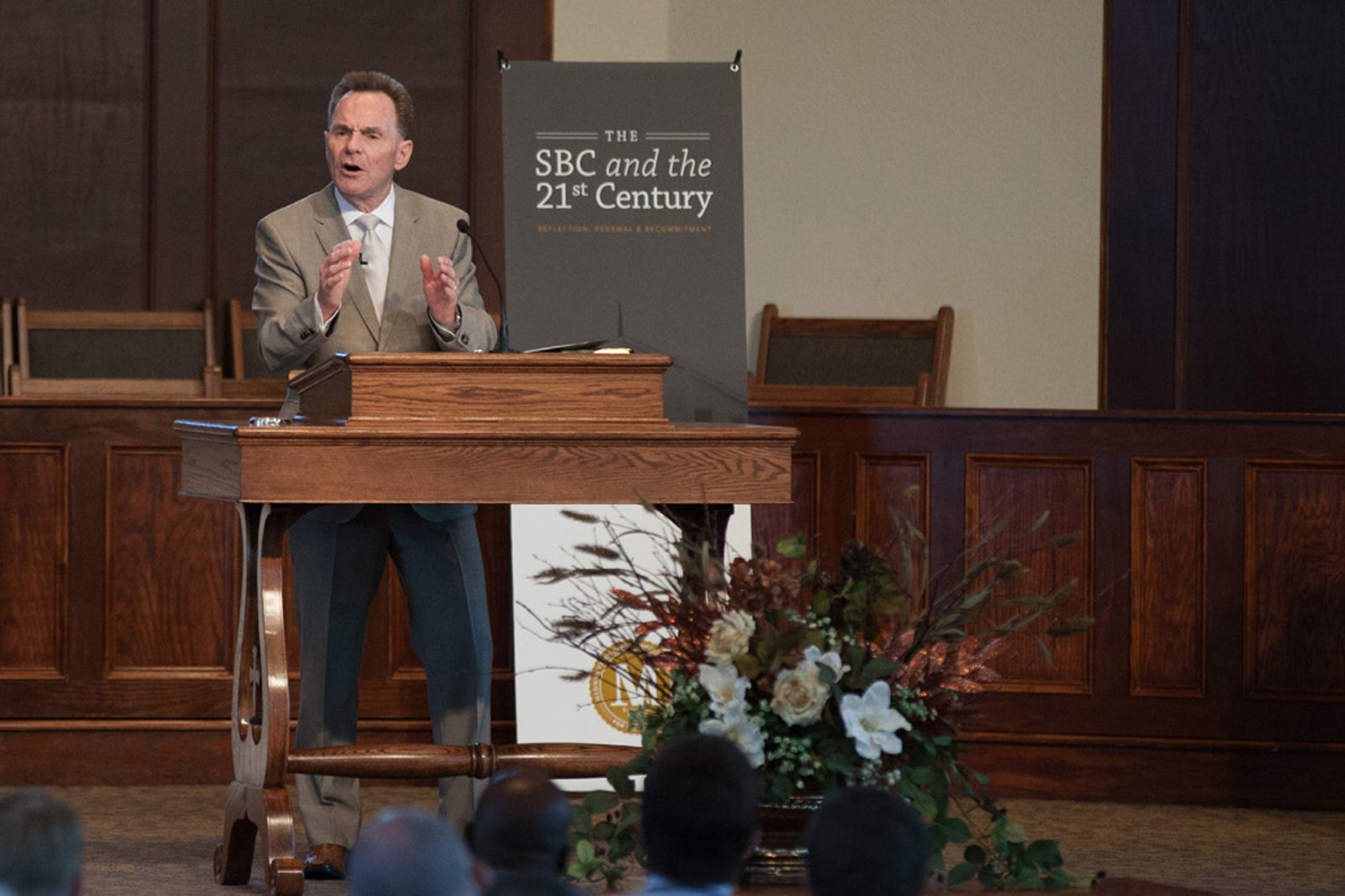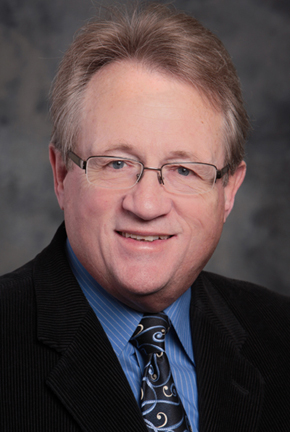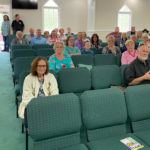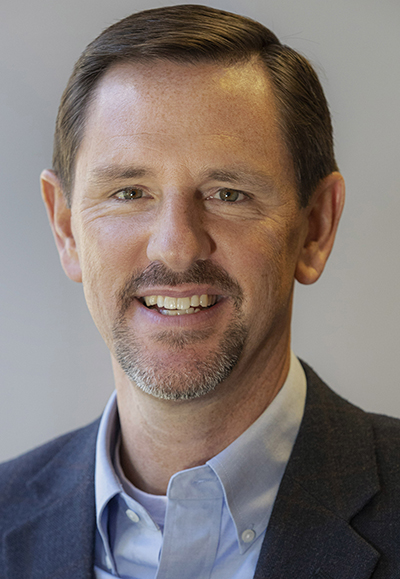
Editor’s note: Sunday, Oct. 1, is CP Sunday in the Southern Baptist Convention.
To look at the prospects of the Ingessana people of Sudan on purely human terms, it doesn’t appear as if they have much of a chance to come to faith in Jesus Christ.
They have no Scripture, no JESUS film, and no Gospel radio broadcast in their language. For most of their recent history, the 100,000 people who identify as Ingessana have been on the run. In 2011, political conflict forced many to become refugees.
In 2015, Southern Baptists discovered a single believer from among the Ingessana. They had about 20 believers by 2020. Earlier this year, Southern Baptist missionaries visited the refugee camp where many of the Ingessana were living. While the men were involved in leadership training with some of those who had already given their lives to Christ, a couple of the women were able to share Bible stories with a group of Ingessana women.
“That day, 13 Muslim women turned away from their beliefs and turned to Jesus Christ and made their belief in Christ known,” said Daren Davis, the International Mission Board’s affinity leader for Sub-Saharan African peoples. “And we learned just a month ago that they’ve all been baptized, they’re being discipled, and they’re a part of that church meeting in a refugee camp in South Sudan.”
Davis says it’s the Cooperative Program that makes evangelistic opportunities like that possible for Southern Baptist missionaries.
The Cooperative Program story
On Oct. 1, Southern Baptists will unite in prayer for the cooperative mission of Southern Baptist churches through the Cooperative Program. The Cooperative Program is the unified giving plan that fuels Southern Baptist efforts to fulfill the Great Commission in every community in North America and around the world.
Southern Baptists launched the Cooperative Program in the aftermath of what first appeared a failure, falling short of their ambitious plan to raise $75 million for SBC causes in the five years following the 1919 annual meeting. Still, Southern Baptists raised more during the “75 Million Campaign” than they had in all the previous years of the SBC combined. Though Southern Baptists didn’t achieve their goal, they discovered firsthand the potential of a cooperative funding strategy to fulfill the Great Commission.
Messengers to the convention’s 1925 annual meeting in Memphis officially voted to approve the launch of the Cooperative Program. During a Sept. 18 message to the SBC Executive Committee, SBC President Bart Barber, a Texas Baptist pastor and church historian, described the myriad challenges faced by the generation of Southern Baptists who created the Cooperative Program and the first Baptist Faith and Message (both approved by those messengers in 1925). In the previous decade, they had faced political and theological infighting, a catastrophic failure of the cotton market and embarrassing and financially devastating scandals surrounding SBC entity leaders.
“Amidst all of these controversies, instead of allowing themselves to become embattled and distracted, Southern Baptists chose to be bold and courageous,” Barber said.
“At the very moment when people would be tempted to hunker down and ride out the storm, Southern Baptists gathered in Memphis, Tenn., in 1925 and chose instead to create the Cooperative Program and to adopt the Baptist Faith and Message. They had courage and grit that they put on display.”
Those gritty Southern Baptist messengers in Memphis developed a Cooperative Program that begins with the generosity of Southern Baptist church members.
It works like this: Southern Baptists give a portion of their income to support the ministry of their local church. The church then elects to send a piece of those gifts to their state Baptist convention.
State Baptist conventions deploy those funds to fulfill Great Commission needs within their local mission fields before sending a designated percentage to the SBC Executive Committee.
Every week, the SBC Executive Committee distributes those Cooperative Program gifts to the International Mission Board (50.41 percent), the North American Mission Board (22.79 percent), the six SBC seminaries and the SBC Historical Library and Archives (22.16 percent), the Ethics & Religious Liberty Commission (1.65 percent), and to pay for SBC operating costs (2.99 percent).
Since 1930, Southern Baptists have given around $20 billion to Great Commission ministries through the Cooperative Program. To put that into perspective, if one church gave a million dollars a day to Southern Baptist missions, it would take 52,000 years to give as much as Southern Baptists have given together in less than a century.
Fueling the mission
Throughout Sub-Saharan Africa, 440 unique people groups – much like the Ingessana people – have no access to the Gospel. With the help of Cooperative Program giving, Davis says Southern Baptist missionaries in the region are learning these languages and cultures, sharing the Gospel with people, and discipling them to make disciples.
Despite the need for the Gospel within the region, new research has shown that Sub-Saharan Africa has become the new epicenter of global Christianity, because more Christians live there than any other place in the world. Southern Baptist missionaries are helping to train local African leaders to become missionaries to the world.
“The best way to engage in sharing the Gospel and engaging lostness is by missionary presence,” Davis said. “We can’t learn the language and understand the culture and learn effective ways to share the Gospel with people if we’re not living among that people group. We can’t get to the places like where the Ingessana people are, if we’re not already living somewhere nearby. The Cooperative Program is foundational to missionary presence among lostness.”
Just as the Cooperative Program supports Gospel advancement in Sub-Saharan Africa, it also does so in cities and small towns throughout North America. For example, the Cooperative Program helped fuel the launch of One Six Eight Community Church outside of Chicago. John and Tiffany Jou planted the church in the middle of the COVID-19 pandemic and have intentionally focused on engaging people with the Gospel as they meet community needs.
Jou is passionate about multiplying the ministry of One Six Eight Community Church. Even as he is starting the church, he is training another planter to start a second congregation out of the church.
As an example of the Cooperative Program’s impact, Jou points to the Send Network’s extensive coaching system that helps church planters like him flourish. In Greater Chicago, Jou and other planters have a coaching champion, a training champion, and an advocate who all support the church planter’s ministry.
Recently, when Jou’s son struggled through medical problems, his coach reached out to help.
“That’s huge to know that you’re not alone,” Jou said. “So, I really appreciate the fact that the Send Network, the North American Mission Board, and the Cooperative Program allow for comprehensive care for planters. I’ve personally experienced that, and I know the guys who are in Chicago, specifically, also have access to that, and feel very supported.”
CP in the states
Much of the story of Cooperative Program ministry happens within state Baptist conventions, which use the funds for everything from church planting to evangelistic initiatives to strengthening pastors and churches.
As an example, Ryan Strother, the executive director of the State Baptist Convention of Indiana, says Cooperative Program support has helped to provide an annual retreat for pastors’ wives. The weekend allows ministry wives to get away for encouragement and refreshment. Strother says he has heard that the weekend is the highlight of the year for many Indiana Baptist pastors’ wives.
Strother says he is also excited about a new program of next-step connectors. Cooperative Program funding provides a way for experienced Indiana pastors to reach out to churches across the state and help them take their next step in SBC missions.
Cooperative Program gifts also help fund church-planting efforts throughout the state.
“The Cooperative Program is important because your partnership with your state convention, as you give through CP, amplifies your church’s ministry,” Strother said. “I think any church benefits from that. I still think it’s the greatest financial vehicle for accomplishing the Great Commission on this earth, and that’s what we ought to be about.”
-30-
